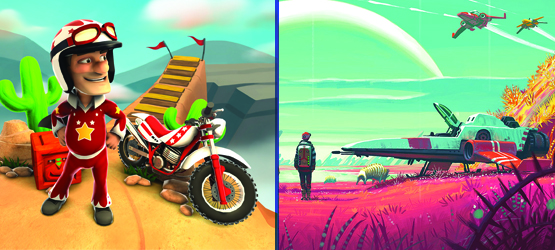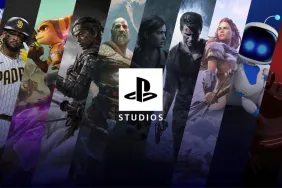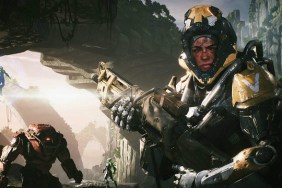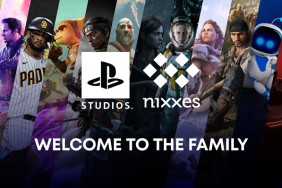Be it the dreaded sophomore slump, second year blues or second album syndrome, there are many labels placed on a creative effort that fails to recapture — let alone emulate — the high bar set by its predecessor. Circumventing such a jinx therefore becomes paramount for artists, who would so often vary their approach in order to side-step any potential pitfall.
From remaining true to the original vision and producing a archetypal sequel or, on the other hand, branching off on a new direction entirely. From the consumer’s standpoint, it’s often the latter that sounds much more enticing. Novelty over nostalgia; greener grass and a bold sense of ambition may not always produce the result as intended, but we’ll be damned if it isn’t exciting.
Thanks to the indie renaissance, video game creators are able to experiment in every which way, but how about the follow-up efforts that truly arrived out of left field? The developers that flew in the face of convention and ventured down the road less travelled.
Perhaps one of the most high-profile departures is that of Hello Games. Leaving behind its side-scrolling roots with Joe Danger, the developers are teetering on the edge of a universe that is unprecedented in scope. Its name? No Man’s Sky, and it’s due in 2016.
With that in mind, let’s cast our net in search of those creative departures both past and future, starting with a porting studio that is aiming to break out with a brand new IP. For the sake of this feature, it should be noted that we’re only considering games that are hatched natively within a studio, rather than a port of an existing release.
Essential Reading:
- Top 5 Star Wars Battlefront Walker Assault Tweaks That DICE Needs to Do
- The Clickbait Podcast Ep. 08 – Star Wars Battlefront and Disqus We Hate You
- Where Will Activision Take the Call of Duty Franchise Next?
Video Game Studios Feature - 11/25/15
-
Charting Some of the Best Sophomore Hits
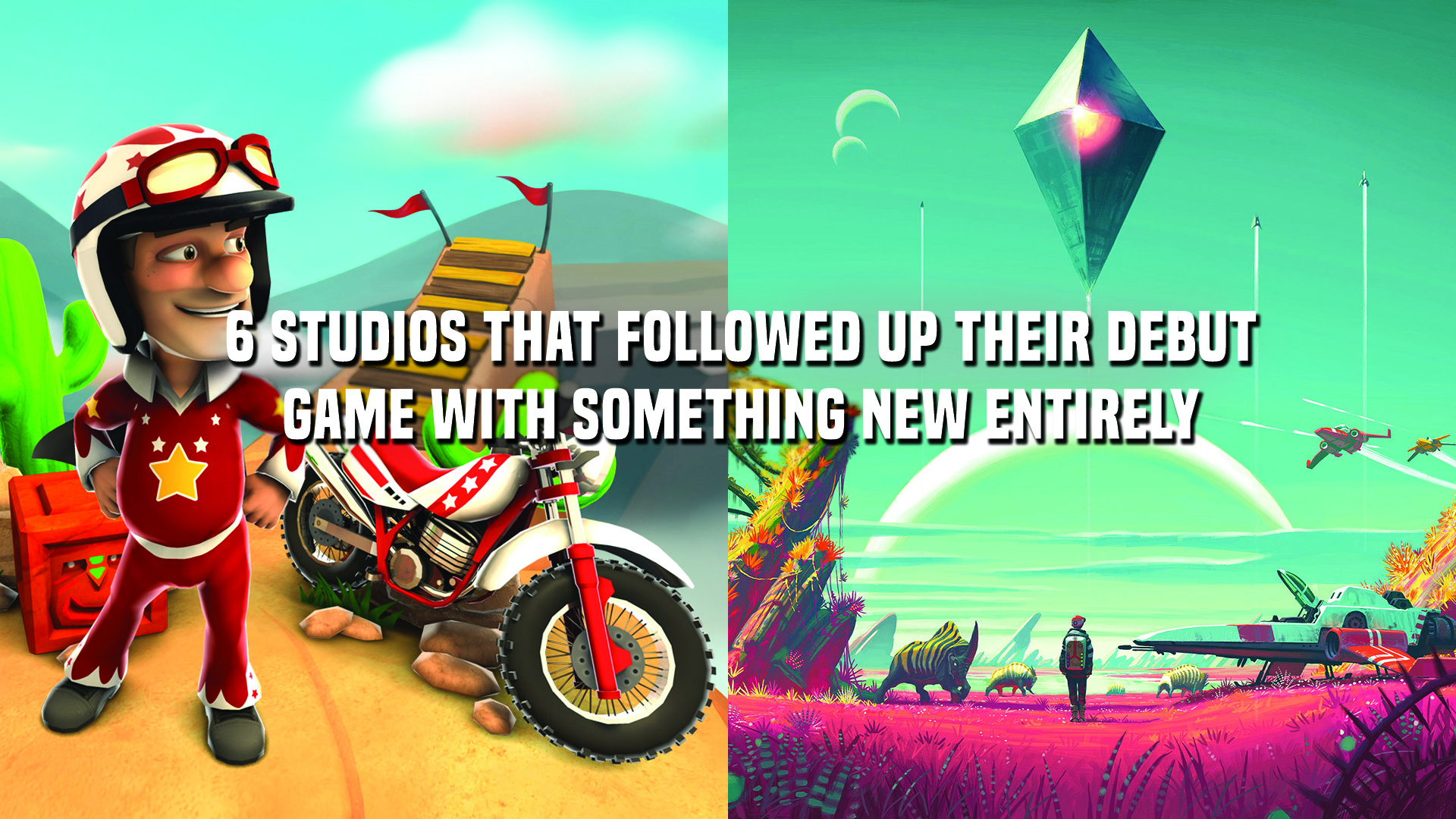
-
Armature Studios
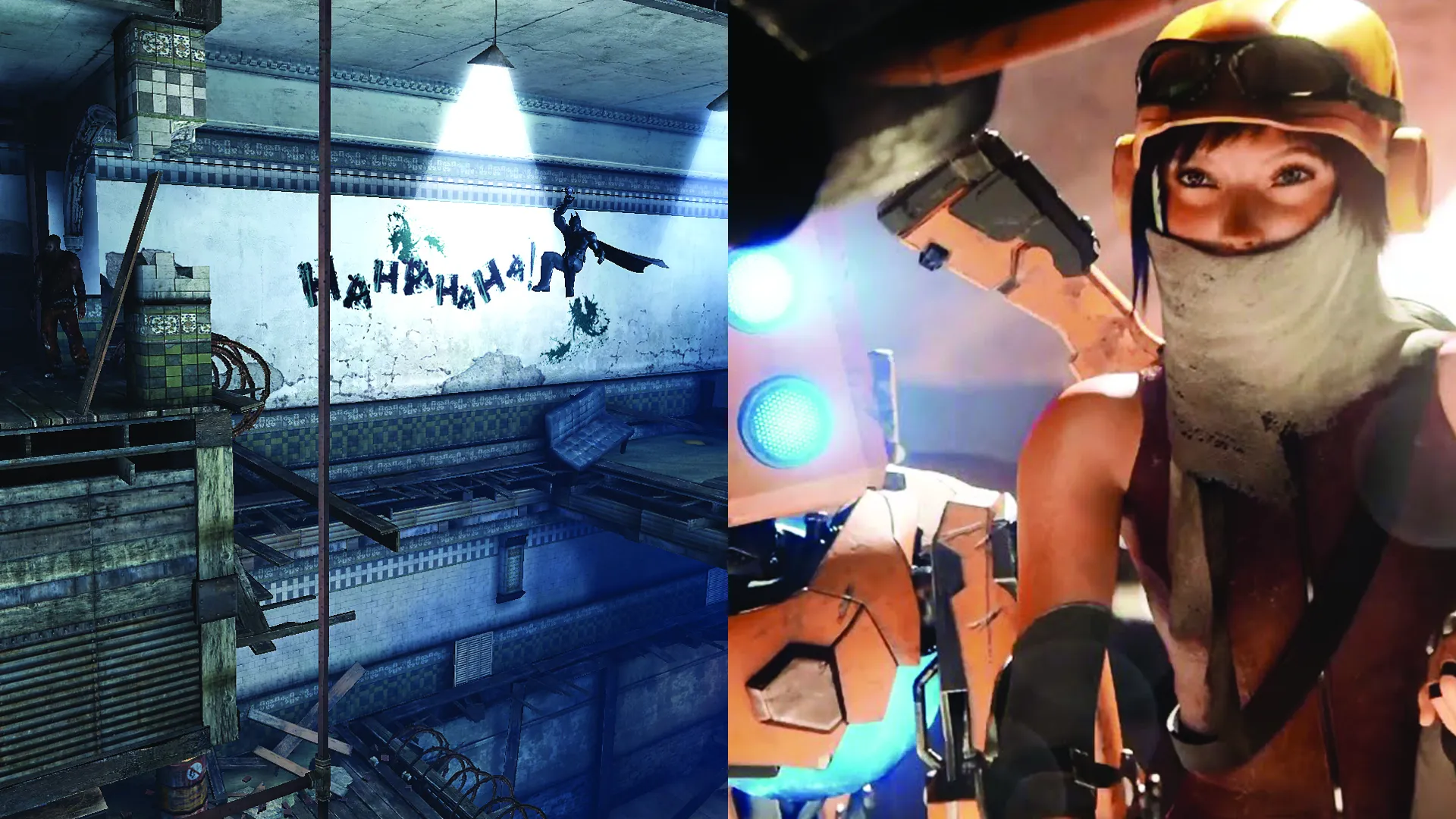
Debut: Batman: Arkham Origins Blackgate
Next Game: ReCore
After seven years spent porting existing titles to other platforms, 2016 will mark a defining turning point for Armature Studios. Not only will the developer be launching ReCore for Xbox One, but looking closer to home and those on PS4 and PC can look forward to its new space shooter, Dead Star.
First founded by Retro Studios alum Mark Pacini, Todd Keller and Jack Matthews in 2008, Armature’s maiden release came four years latter when the studio ported Metal Gear Solid HD Collection to PlayStation Vita. Buoyed by a strong critical reception, Warner Bros. then recruited the developer for its first bona fide release: Batman: Arkham Origins Blackgate.
What followed was a series of ports — from The Unfinished Swan to Borderlands: The Handsome Collection — all culminating in the unveiling or ReCore during E3 earlier this year. Developed in tandem with Keiji Inafune’s studio Comcept, Armature’s new IP orbits around a female protagonist and her robotic dog, taking place in some form of apocalyptic wasteland.
While details are still thing on the sun-scorched ground, the studio is distancing itself from the Caped Crusader and the grimy streets of Gotham, instead gunning to create something that is decidedly new. An Xbox One exclusive though it may be, there’s no doubting the ambition driving ReCore.
-
United Front Games
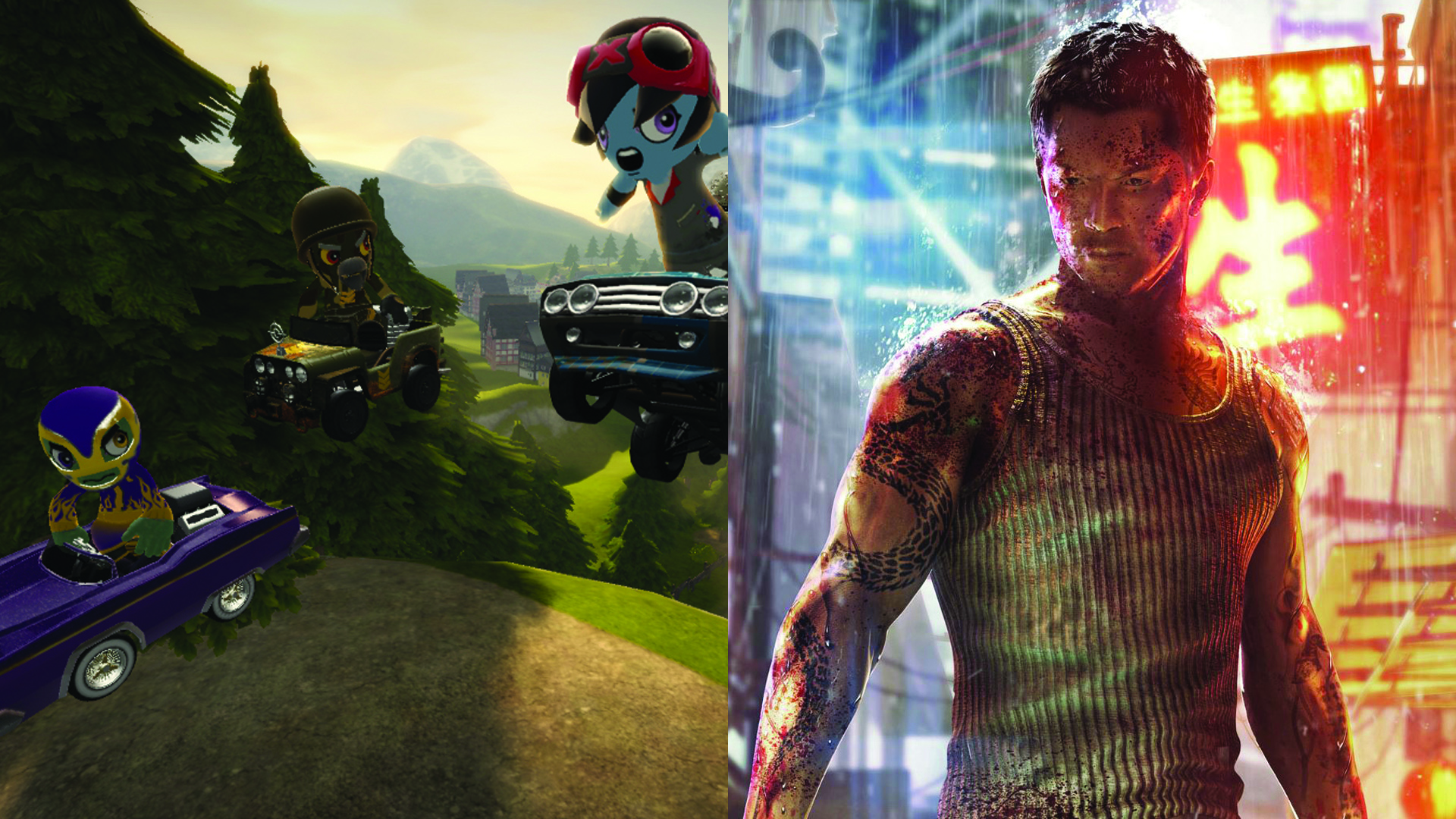
Debut: ModNation Racers
Follow-up: Sleeping Dogs
Before applying a Grand Theft Auto-esque template to the vibrant, neon-drenched world of Hong Kong, Canadian developer United Front Games made a name for itself five years ago with the release of ModNation Racers.
An instant favorite on PlayStation systems thanks to its emphasis on user generated content, the whimsical kart racing game proved to be a stellar, critically-acclaimed debut for United Front, though the studio’s sophomore effort was just about as far away from the LittleBigPlanet-like racer as you could get.
Enter Wei Shen, Sleeping Dogs’ protagonist who is tasked with dismantling a dangerous Triad organisation from the inside. Set against the pulsating skyline of Victoria Harbor, United Front’s sophomore effort struck a chord with fans of the open world genre no thanks to its unique levelling system and environmental exploration.
Like GTA only painted with a decidedly eastern touch, Sleeping Dogs quickly became something of a cult classic, and it’s hardly surprising that there is already mooted talk of a sequel.
-
Insomniac Games
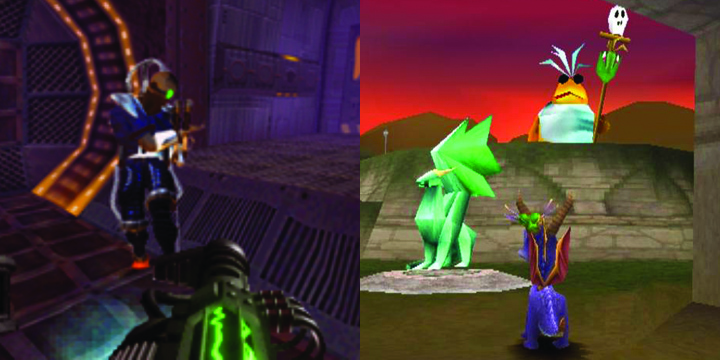
Debut: Disruptor
Follow-up: Spyro the Dragon
After more than 20 years in the business, Insomniac Games has evolved into one of the more intriguing creative forces, not least for its tendency to create some of the most memorable weapons in gaming. But the studio’s spell in the video game industry was almost over as soon as it began, after its debut title Disruptor threatened to bankrupt Insomniac back in ’96.
On paper, Disruptor was a first-person shooter that was riding the crest of a wave of Doom clones to hit PlayStation platforms. But rather than releasing as shovel-ware, Insomniac’s maiden title earned praise for its unconventional gameplay, which revolved around the Psionics abilities. At the time, the studio’s Founder Ted Price stating that Disruptor was “the best game that nobody ever heard of.”
In the face of financial difficulties, Insomniac shook up the formula for its sophomore effort, and the following four years would be spent nurturing Spyro the Dragon into one of the early mascots of the PlayStation ecosystem. Switching gears from an intense first-person shooter to a whimsical and charming platformer is undoubtedly a bold move to make, but it’s one that ultimately paid off dividends for Insomniac as a creator.
-
Hello Games
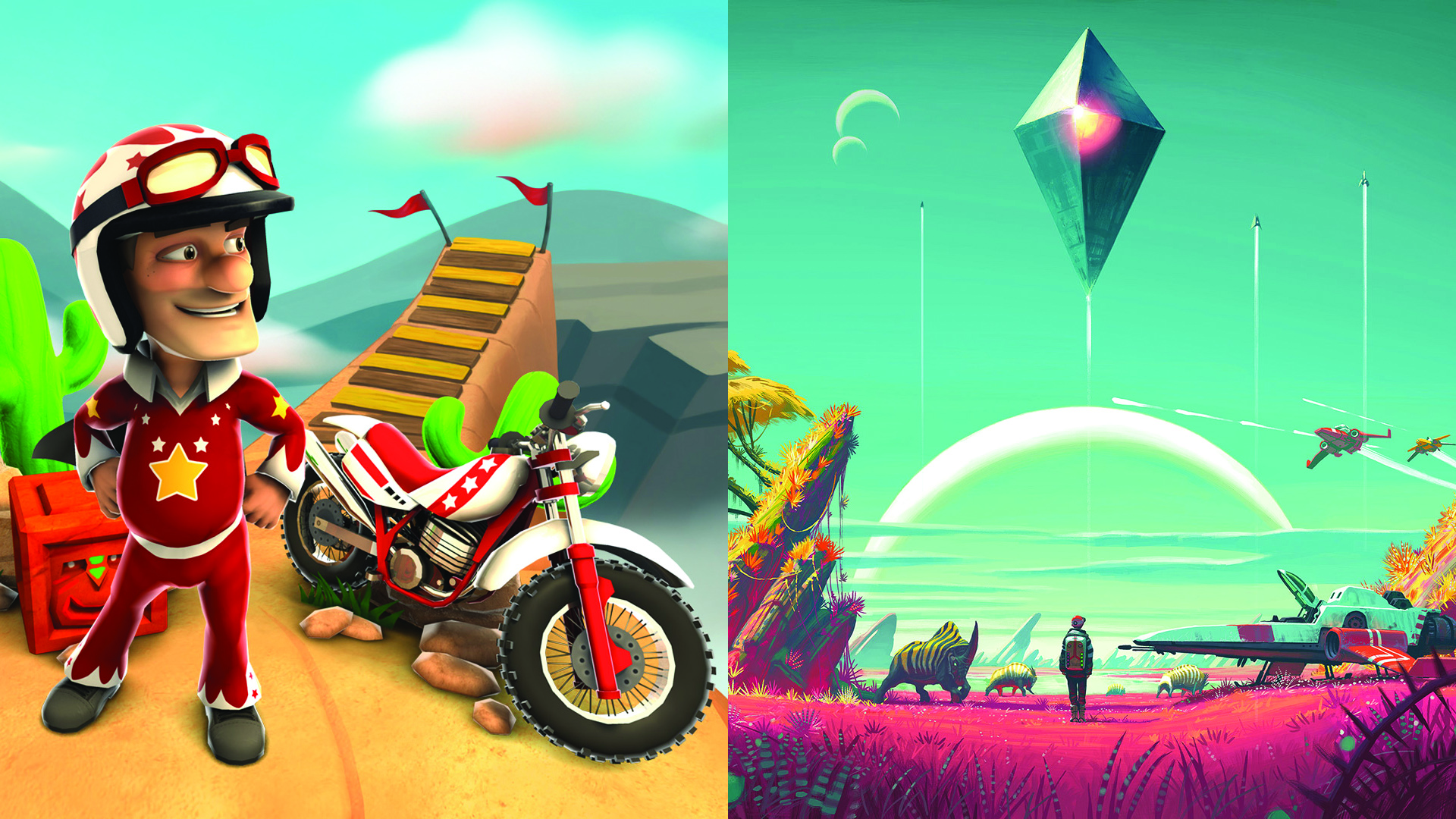
Debut: Joe Danger
Follow-up: No Man’s Sky
Based on sheer scope alone, Hello Games’ jump from a humble racer in Joe Danger to the universe-spanning scale of No Man’s Sky is enough to take the proverbial crown.
What makes this such a notable departure is the nature of Hello Games as a studio. This isn’t a massive publisher with resources to burn, nor is it a studio that can leverage multiple projects simultaneously.
Rather, the British indie developer is effectively going all-in on No Man’s Sky. Whether it can possibly live up to the near insurmountable hype is another question, but after establishing a presence in the industry and a larger-than-life mascot to boot, Hello Games is ready to flex its creative muscles — and its vision of a procedural universe has us enthralled.
-
Polyphony Digital
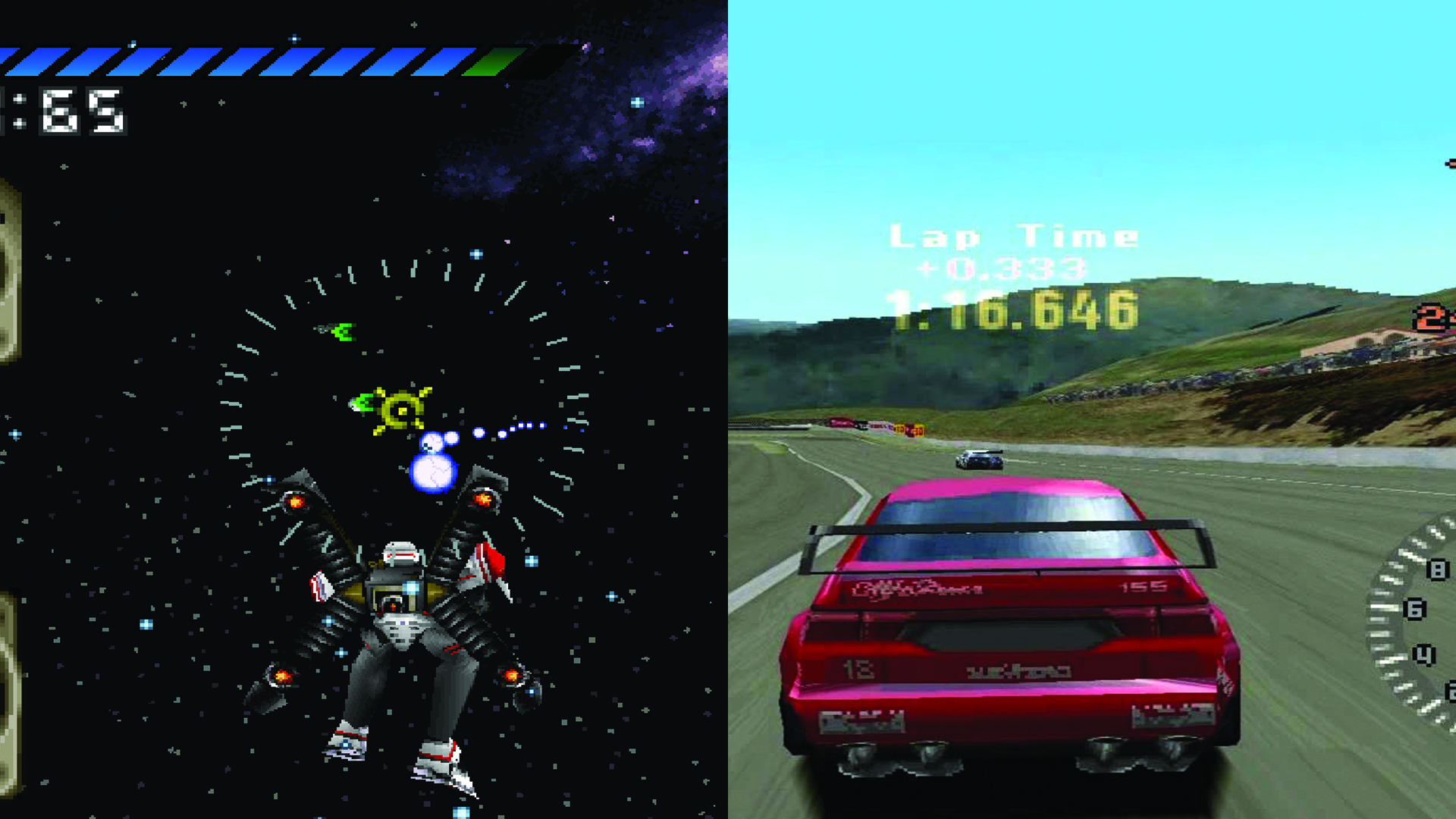
Debut: Omega Boost
Follow-up: Gran Turismo 2
Okay, we admit, we’re exploiting a small loophole to nudge Polyphony Digital onto this list, but it’s all in good taste. That’s because, before being instated as a core studio within Sony, the developer -- led by Kazunori Yamauchi -- launched two installments in the Motor Toon series and the original Gran Turismo under the moniker Polys Entertainment.
It was only after the genre-defining success of GT that the dev rose through the ranks at Sony, earning a greater pool or resources and the Polyphony Digital branding that we know and revere. But before the studio launched the inevitable sequel to Gran Turismo, it broke off into the shoot ‘em up genre for Omega Boost.
Arriving during the twilight years of the PSOne, Omega Boost is considered by many to be something of a sleeper hit, blending elements of Macross-style games with mecha combat. Heck, it was even a technical masterclass, running up to 60fps even during intense shootouts.
Make no mistake, although Omega Boost may have went down as a deviation from the formula, Polyphony Digital’s first name under its revised brand was almost as technically impressive as the other titles in the studio’s roster.
-
Bluepoint Games
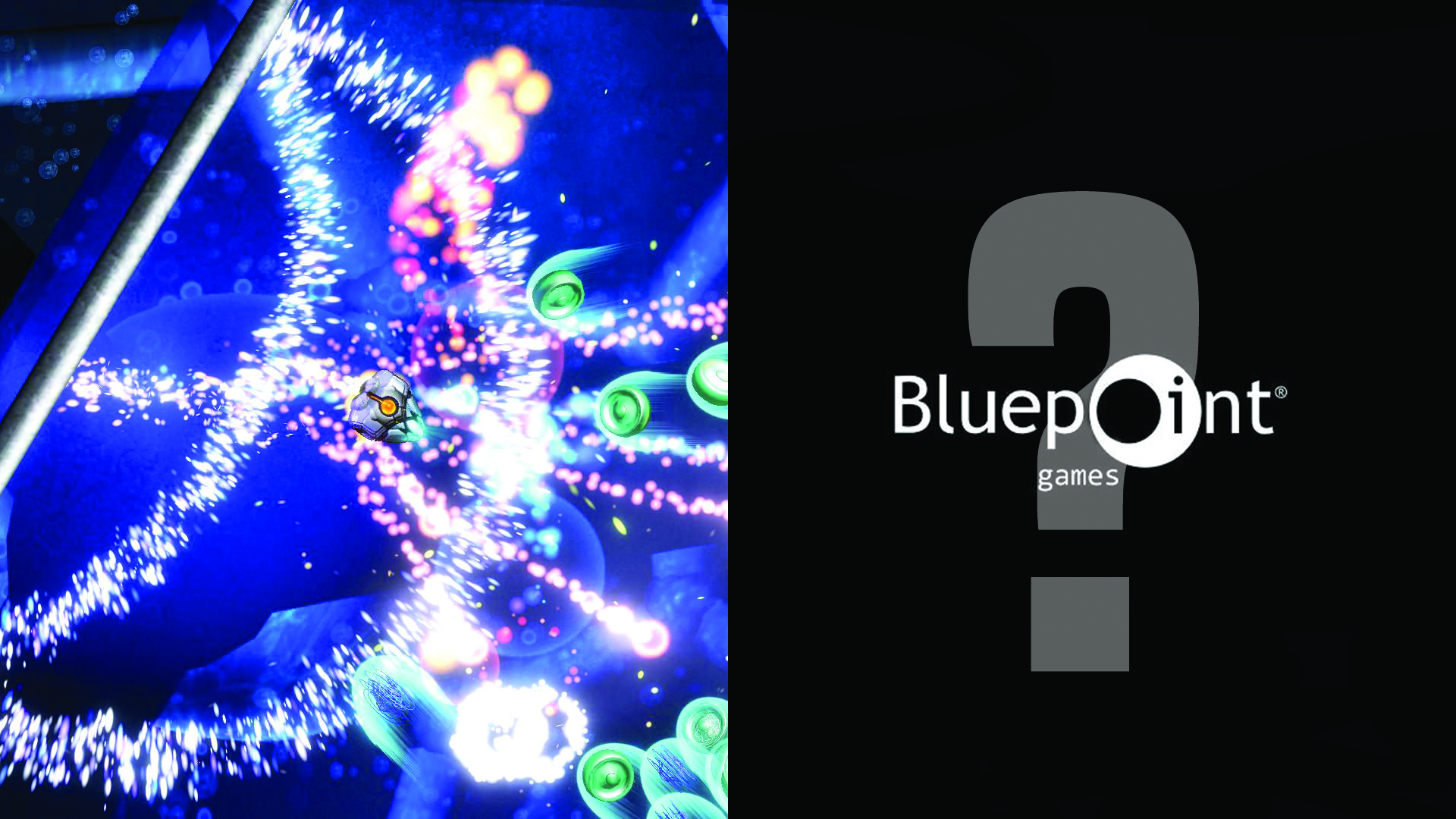
Debut: Blast Factor
Next Game: "Something New Entirely"
From a humble PlayStation 3 launch game that almost became lost amid the white noise, to one of Sony’s most reliable and indeed prolific studios, Bluepoint Games has ported and programmed umpteen high-profile titles for PlayStation platforms.
But while Armature Studios broke away from its porting roots to create Batman: Arkham Knight Blackgate, Bluepoint inverted that strategy following the launch of Blast Factor in 2006. An experimental shooter through and through, the studio’s maiden release involved players blasting their way through a variety of infected cells.
Three years later, the studio took up porting duties with the God of War Collection, a developing gig that would lead to a long and illustrious stint that will culminate with next year’s Gravity Rush Remastered on PlayStation 4. For the record, upon wrapping up work on Uncharted: The Nathan Drake Collection earlier this year, Bluepoint has now set its sights on “something new entirely.” Could we be seeing a change of pace for the developer?
